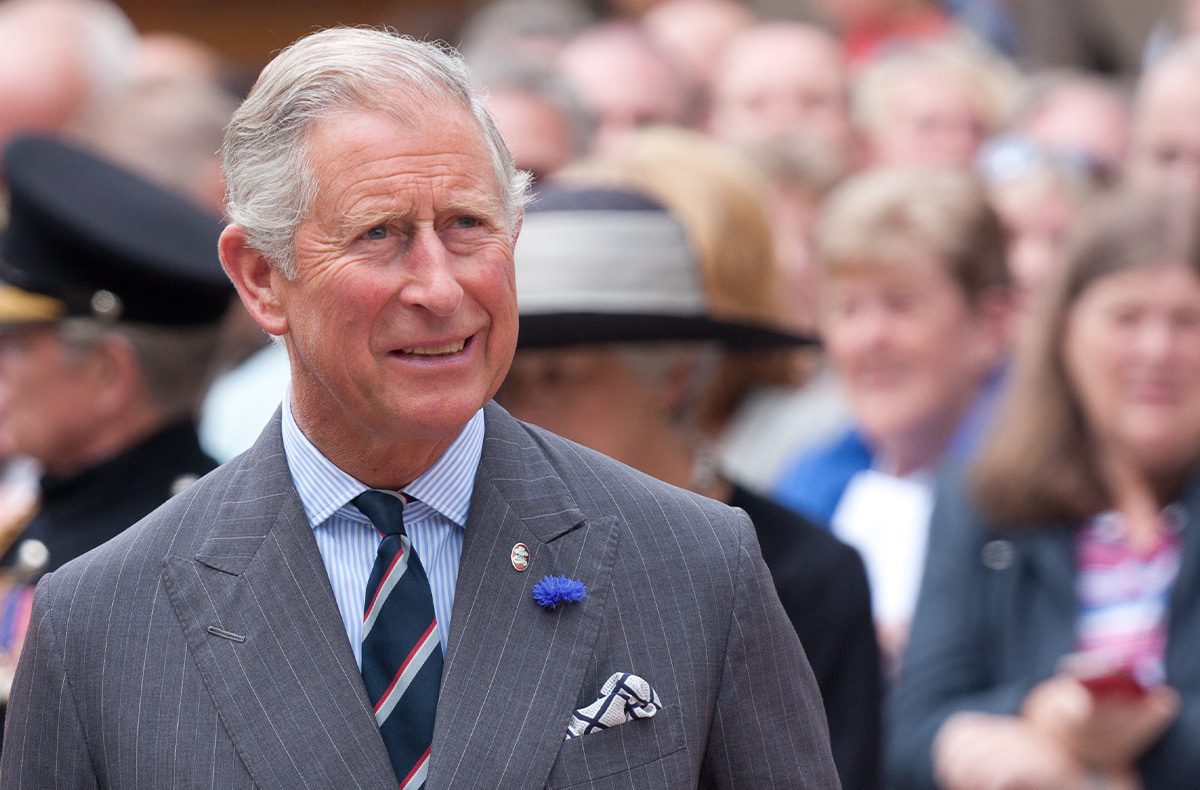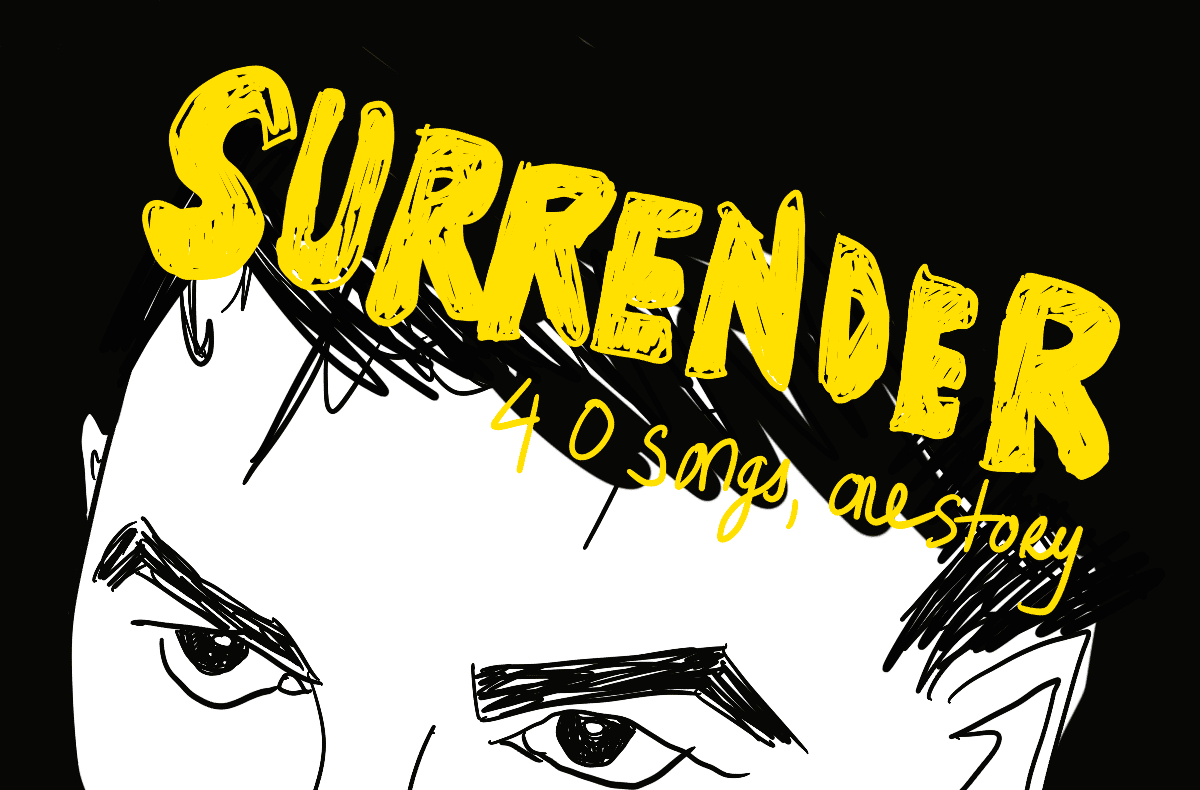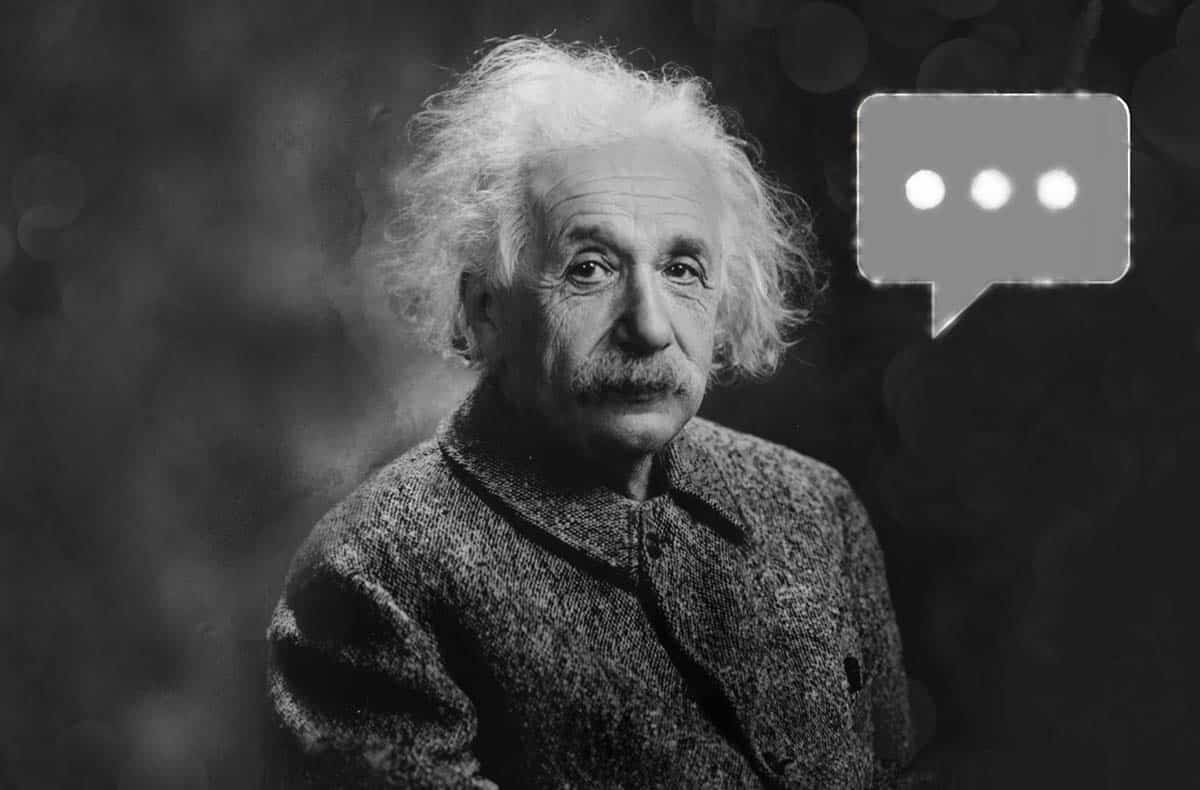
Who’s speaking here? “This is a call for revolution. Earth is under threat. It cannot cope with all that we demand of it. It is losing its balance and we humans are causing this to happen.” Greta Thunberg? Wendell Berry? A fierce young protestor on a pipeline barricade?
Actually, it’s King Charles III, and those were the opening lines of his 2010 book Harmony: A New Way of Looking At The World, written with the environmentalists Tony Juniper and Ian Sherry.
There’s a lot more like this in its 300-odd pages. And it portends some beautiful disharmony ahead, between the new British King and his current Brexit-tastic government.
The former Prince of Wales used his freedom from the state responsibilities held by his mother, Elizabeth, to pursue a decades-long crusade for capital-n Nature. There’s a slightly spooky prescience about the issues he’s been raising, often generating much ridicule, over the last 40 years.
As Juniper wrote in recent weeks, “Prince Charles’ ideas increasingly pushed against the once mainstream view that we must tolerate the progressive destruction of Nature to fuel economic growth…The belief that is necessary to cut down more forests, destroy soils, poison the sea and drive extinctions to create wealth and jobs was, he said, a disastrous misconception.”
Continued Juniper: “What we should do instead, he argued, is to foster the recovery of the natural world so as to secure our economic future. As crops wither in extreme heat, entire countries are devastated by storms and reservoirs run dry due to punishing drought, we are seeing in practice the consequences of what he was getting at. His predictions that economic growth, food security and water security were at risk as a result of environmental degradation are unfortunately proving very real.”
So what happens when such a radical King meets the new Conservative Prime Minister, Liz Truss? She has seized the opportunity of Putin’s war to recommit the UK to fracking, drilling and the lusty extraction of fossil fuels. All in the name of “energy sovereignty.” She’s also set to loosen regulations on British agribusiness and sewage standards.
This looks like a collision course. The dusty, bumbling rituals of British power – where the British PM has a weekly cuppa with the reigning Monarch, and government papers are signed off—will now have a lot more voltage to them.
Would a short-fused Charles be happy to let a despoiling policy on local fracking automatically go through? Organic farming, and the revitalisation of topsoil, is only one of his many causes célèbres.
So we’re stockpiling the popcorn. But it’s that very mode of passive spectatorship—pressing our faces against the enchanted glass, gawping at potential royal-parliamentary clashes—which is the more fundamental problem.
It’s a fantasy of British left-liberals that Charles might become some kind of bulwark against hard-gunning Conservatives. Mike Bartlett’s 2014 play King Charles III had the new King blocking a UK government bill that restricted freedom of speech.
But the republican (that’s small-r) objection still stands. How, in any way, can matters of high and consequential policy pass through the hands of an unelected, hereditary monarch?
We might be lucky with green, multicultural Charles. But what if you were unlucky—and your monarch happened to be a “traditionalist” with fascist, rather than ecological, tendencies (a mindset not historically unknown to the Royal Family)?
For die-hard democrats like myself, it was a teeth-grinding experience watching “The Queue” in London. Britons of all shapes and identities lined up for 50-hour waits, in order to bow and weep before the Queen’s remains in Westminster Hall.
You have to tip your hat to The Firm (as the Royal Family is cynically known here). What a spectacle of loyal subjects, rather than rights-bearing citizens! The Windsors really know—aided by public broadcasters consciously managing public sentiment—how to cement their legitimacy. (Whoever described the BBC as “MournHub” deserves their own orb and sceptre.)
We’re back to the standard business of the British state (though there is to be a public coronation of King Charles and Camilla sometime in 2023). It will indeed be worth watching to see whether Charles maintains his own explicit commitment to stand down from his “causes,” following his mother Elizabeth’s neutral and unifying stance.
I’d imagine a country which is still reeling from its own cosplay d’etat would look at the be-feathered pageantry of the Queen’s passing, and feel a little ambivalent. In the UK, the crazy costumes are worn by the powerful, not the rioters. And there’s an implicit servility and docility towards authority from the populace, which the American establishment could only dream of.
Personally, I’m still of the persuasion that a democratic Republic is a glorious event to be pursued on these islands—a declaration of the power of citizens to shape their nation. Maybe my fellow Scots will oblige?



